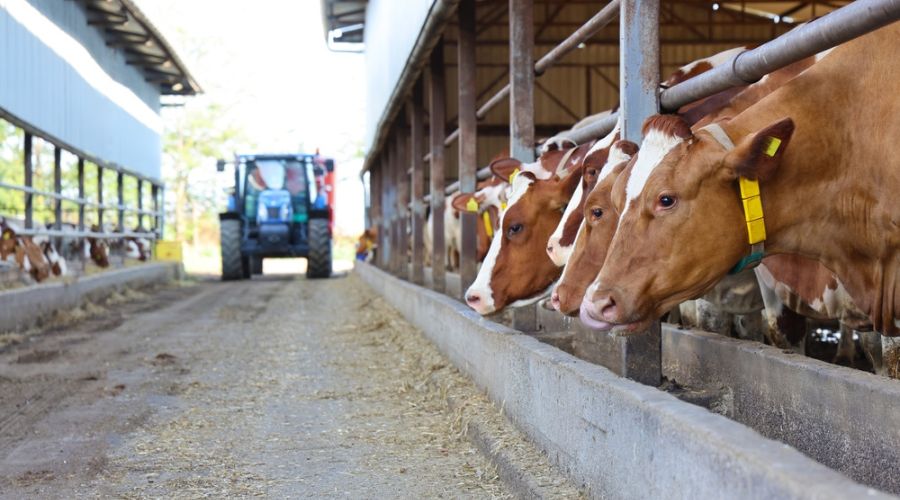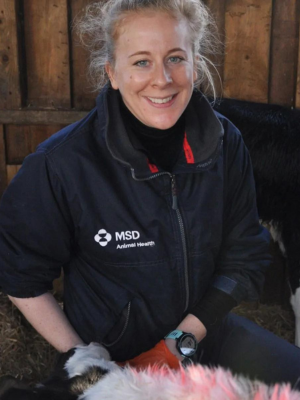Cattle in danger: Farmers warned about high liver fluke risk
25th April 2024
Farmers are being encouraged to consider clostridial vaccination and appropriate fluke control to avoid potentially serious livestock losses due to the current high liver fluke risk.

Dr Kat Baxter-Smith, veterinary adviser with MSD Animal Health, said that farmers have recently been warned over a later than normal liver fluke threat in 2024 following an unusual weather pattern during 2023.
She added: “Cattle livers are therefore in danger of being rejected because of fluke, and in some cases, this liver damage could also allow the clostridial bacteria C. novyii to gain a foothold with rapid death often the result.
“Consequently, associated black disease is emerging as a significant and potentially catastrophic issue. The tissue damage caused by flukes migrating through the liver provides an ideal breeding ground for clostridia bacteria.
“Clostridial toxins kill quickly, and these diseases present few clinical signs before death. As a result, more cattle should be vaccinated with a broad spectrum clostridial disease vaccine such as Bravoxin Suspension.”
Responsible for livestock losses
The rise in liver fluke infections and associated black disease is not the only reason why broad-spectrum clostridial vaccination has become more popular.
There was a time when blackleg was the only clostridial disease cattle producers were aware of, but now that additional clostridial bacteria such as C.sordellii and C.perfringens A have also been identified as causes of sudden death on UK cattle farms, it makes sense to broaden cover.

Dr Baxter-Smith explained that clostridial diseases are responsible for a huge number of costly cattle and sheep losses on UK farms.
“Clostridial bacteria take the lives of cattle and sheep on a regular basis and are the cause of a significant proportion of the sudden livestock deaths in the UK.
“These bacteria share the same environment as livestock and are ever-present – existing in soil, on pasture, within buildings, and even in the tissues and intestines of cattle and sheep. Consequently, improved farm biosecurity measures will be of no benefit in controlling this group of diseases.
“The sheep industry already recognises the importance of broad-spectrum vaccination against clostridial diseases, but more cattle producers are recognising the benefit. But over the last few years, there is increased incidence of different clostridial diseases in far from typical circumstances,” she said.
Undiagnosed deaths
Dr Baxter-Smith added that there are also many cattle deaths going undiagnosed, and it is likely that many are caused by clostridial species.
“As a result, we are now advising beef and dairy farmers to take a broader-spectrum vaccination approach to ensure adequate protection – not only of the cows themselves – but also for their calves.
“This can be achieved through good colostral transfer, or ideally through the continued protection of youngstock through their own vaccination using Bravoxin Suspension.”
Read more livestock news.
